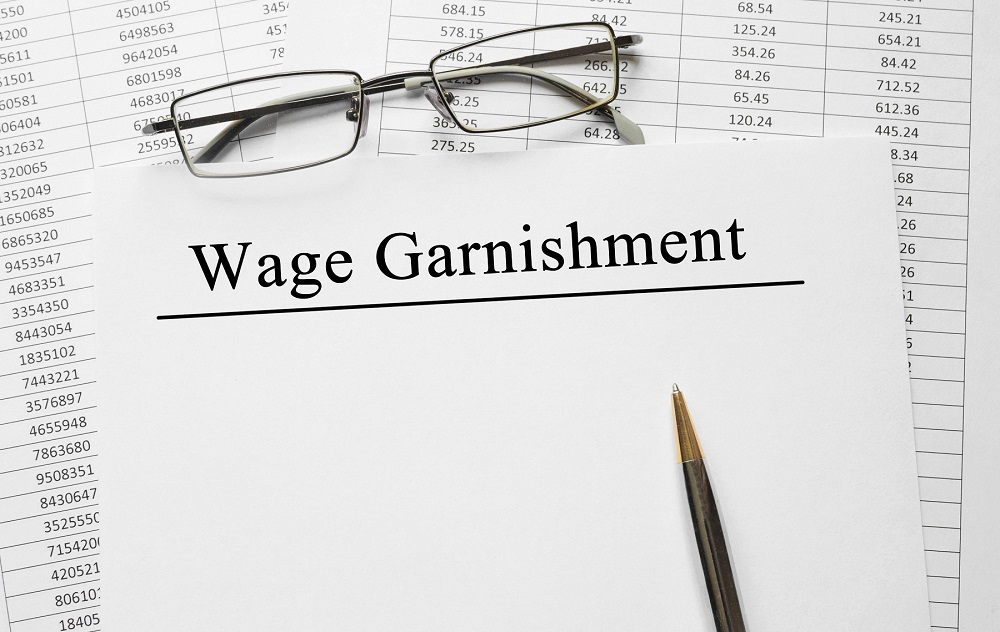Many people have found it difficult at one time or another to stay on top of financial obligations. The challenges are compounded when you’ve suffered a disabling illness or injury.
The life-changing accident or sickness that has taken away much of your ability to earn an income does not absolve you of bills that go unpaid or judgments that were made against you. The longer it takes for you to pay back your debt while you are out of work, the more likely your creditors will take legal steps to get their money from you, including garnishment of your wages. You’ll want to know if your Social Security disability payments, or the income you earn from a job you’ve taken through the Social Security Ticket to Work program, can be garnished to satisfy your creditors.
Legal Redress
A creditor that’s owed money for goods or services typically tries to get it repaid without using legal means. They may reach an agreement to accept a smaller amount than owed to settle the debt or take installment payments until the debt is paid in full.
Credit cards and loan payments are just a couple of financial obligations that you could quickly become delinquent on following a loss of income from an injury or illness that prevents you from holding a job for an extended time, or even permanently.
The most common debts that can fall to garnishment are unpaid child support, back taxes, defaulted federal student loans, and outstanding court costs. The creditors, more often than not, will pursue legal action against you that would lead to wage garnishment, in which the outstanding debt is deducted from your wages until the entire amount is paid in full.
Your Disability Payments
Social Security benefits mostly fall into two categories. Supplemental Security Insurance (SSI) is determined by income and the level of basic subsistence for the recipient and can’t be garnished. Social Security Disability Insurance (SSDI) is a benefit that is based on how much you’ve contributed to the Social Security system over the course of your working career.
Your application for SSDI benefits can take months of medical evaluations and examinations before it’s determined that the injury or illness you’ve suffered qualifies you for monthly disability payments. You likely will be heavily in arrears by the time you receive your first payment.

SSDI Mostly Off Limits
You should know, then, that a bill collector can’t come after your SSDI benefits. Social Security disability payments are protected from collection of private debt like credit cards, medical bills, and car loans. It can, however, be garnished to pay delinquent child support and spousal alimony, court-ordered restitution to a crime victim, back taxes, and defaulted student loans.
Wage garnishment may be a concern if you secured a job through the Social Security Ticket to Work Program, which helps you return to the workforce and earn a livable wage while continuing to receive your benefits for an extended period. While Social Security Ticket to Work rules may not specifically address wage garnishment of your wages to pay off debts in arrears, you should consider that it’s a job, and while your SSDI payments are off limits from most creditors, the wages you earn from employment may be affected. You’ll want to discuss your situation with your employment counselor who assists you with the Social Security Disability Ticket to Work program.
The Social Security Ticket to Work program helps people receiving SSDI benefits on the path back to the workplace. DisABLEd Workers, a Ticket to Work provider, offers career counseling, vocational assistance, and job search assistance through their Employment Network. SSDI recipients can work and still receive their disability benefits. If you are a recipient of Social Security disability benefits and seeking a return to the workplace, the Ticket to Work program is for you. Call DisABLEd Workers today at 877-291-9806.

